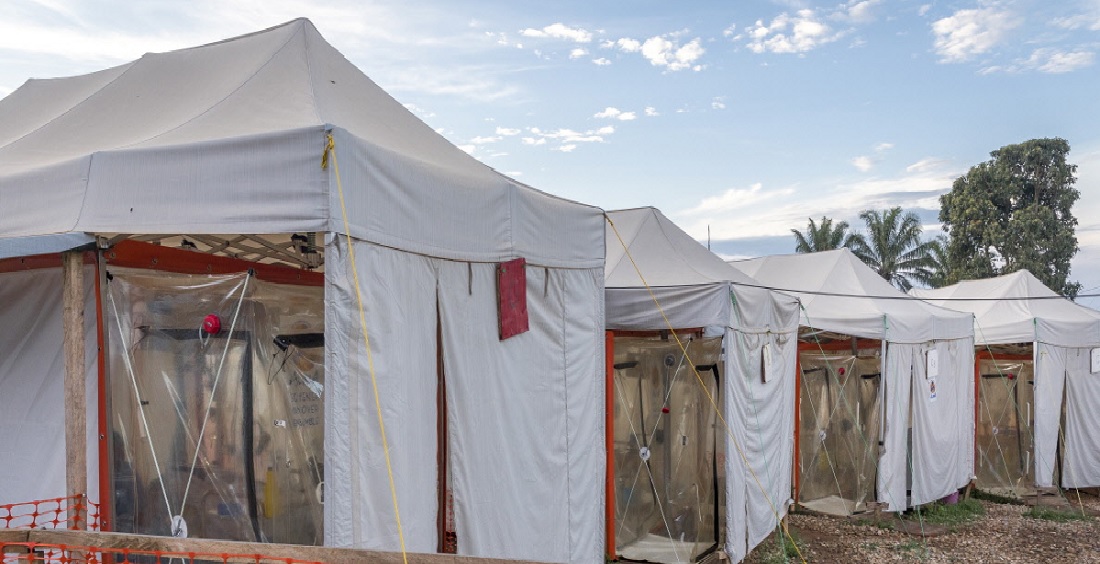
In response to continuing coverage of the Ebola Outbreak in the Democratic Republic of Congo (DRC) where there have been 823 confirmed and probable cases reported (as of 12th February 2019, with 517 people dying and 280 recovered), Professor Melissa Leach, Director, Institute of Development Studies, said:
“The situation in the Democratic Republic of Congo (DRC) is deeply concerning. Over 500 people have already lost their lives, and in a highly fragile and politically volatile context where health systems are weak and communities fragmented the challenge of bringing an end to the disease becomes infinitely more complex.
The UK’s commitment to provide technical and financial assistance is welcome. Particularly critical is its support for efforts to understand and address the social, cultural and political contexts to the epidemic and its response. Time and time again we have seen how a lack of citizens’ trust in state authorities, health workers and international agencies have hindered attempts to control the disease.
Building genuine local ownership, working with diverse social groups and associations, aligning the response with local people’s needs and priorities, and ensuring that resources flow to them are all critical if Ebola is to be addressed effectively. This needs real local engagement, supported by social and anthropological knowledge.”